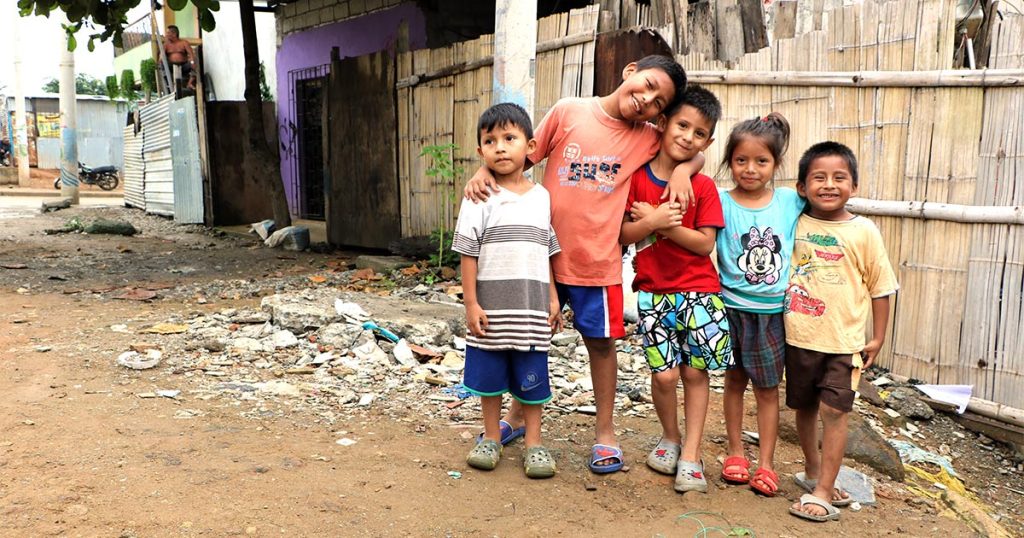Introduction:
This brief report sheds light on the hidden factors associated with kid donors in Hong Kong. Kid donors, referring to children who donate organs or tissues for transplantation, represent a unique subset within the broader context of organ donation. Understanding these hidden factors is crucial for policymakers, healthcare professionals, and society to ensure these young donors’ well-being and ethical treatment.
Background:
Organ transplantation is a life-saving medical procedure that often relies on donated organs from deceased or living individuals. In certain cases, children may be called upon to donate organs or tissues to their siblings or other family members. This occurrence presents distinct challenges and considerations due to the young age and potential ethical concerns involved.

Hidden Factors:
Emotional and Psychological Impact: kid donor hong kong experience a unique emotional and psychological burden as they grapple with the decision to donate an organ or tissue. The psychological impact of such a decision can be significant, leading to feelings of guilt, anxiety, and fear. These emotions may persist long after the donation, potentially affecting the child’s overall well-being and mental health.
- Consent and Autonomy: Ensuring informed consent and autonomy of kid donors is a complex ethical issue. Children may face pressure from their families or cultural expectations to donate, potentially compromising their ability to make an independent decisions. Respecting the child’s autonomy and ensuring their understanding of the procedure, risks, and long-term implications is vital to protect their rights and well-being.
- Long-Term Health and Well-being: Kid donors may experience physical and long-term health consequences from organ or tissue donation. The impact of the procedure, including surgical risks, postoperative complications, and the potential need for future medical interventions, should be carefully considered. Regular follow-up and support should be provided to address any health issues that may arise due to the donation.
- Social and Peer Relationships: Organ donation may affect a kid donor’s social dynamics and relationships within the family and among peers. The child’s role as a donor can create unique dynamics, potentially altering familial relationships and impacting the child’s self-perception. Additionally, the child’s peers may struggle to understand the significance of organ donation, potentially leading to social challenges and feelings of isolation.
Conclusion:
Kid donor Hong Kong face a range of hidden factors that impact their emotional, psychological, physical, and social well-being. Policymakers, healthcare professionals, and society should recognize and address these factors to ensure these young donors’ ethical treatment, support, and long-term care. Policies and guidelines should be in place to protect the autonomy and rights of child donors, and appropriate support systems should be established to address their unique needs throughout the donation process and beyond.








